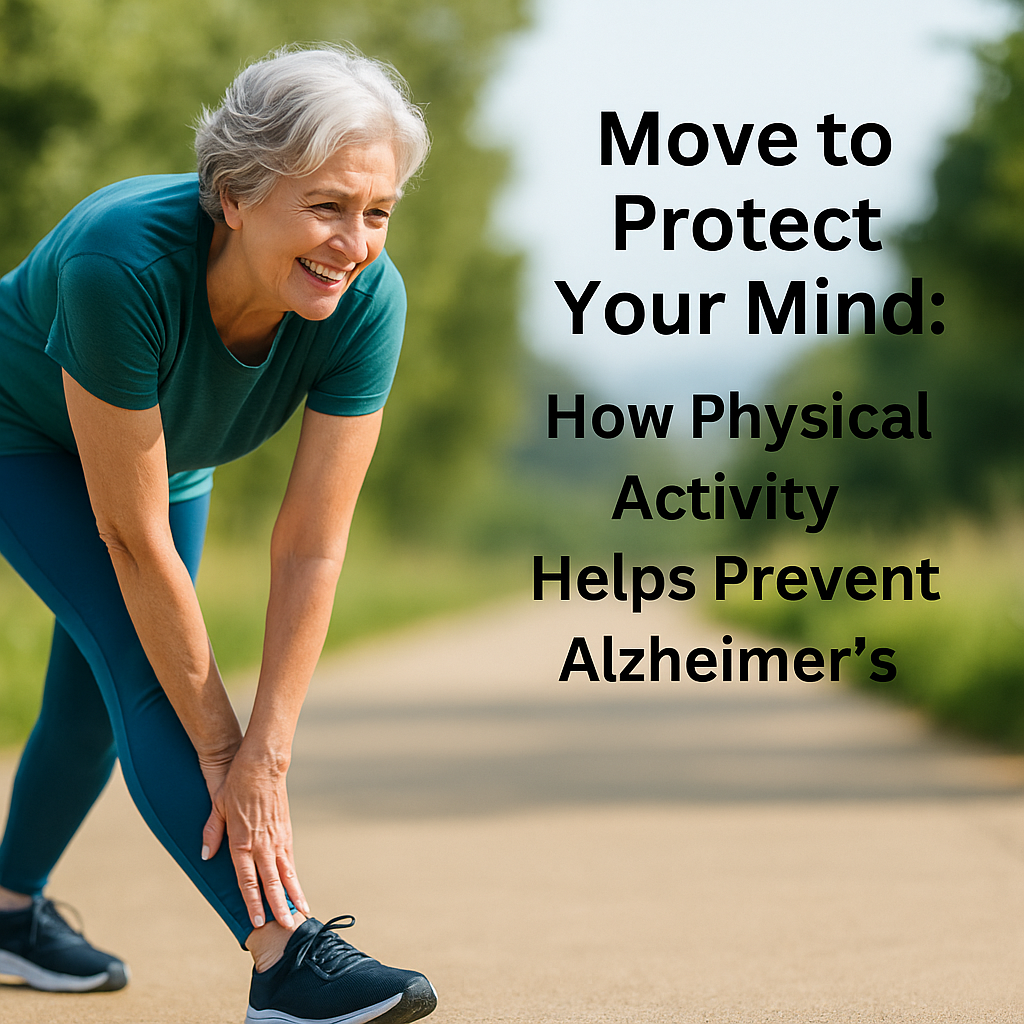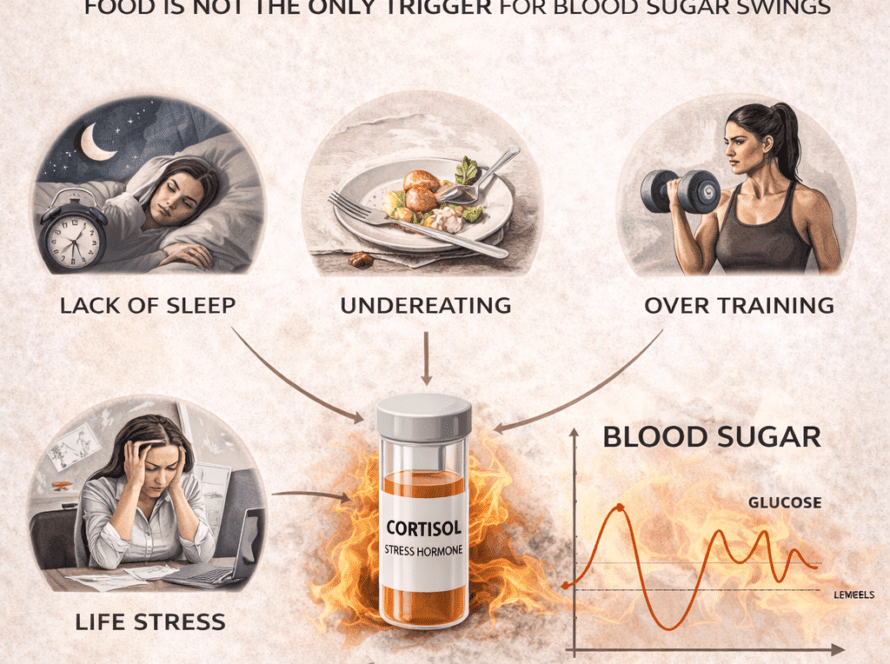As Alzheimer’s Awareness Month continues, it’s time to shed light on one of the most powerful tools we have in our control: movement. From gentle walking to strength training, exercise is one of the most effective, research-backed strategies to support long-term brain health.
Strong Science, Stronger Mind
Multiple studies show that regular physical activity can reduce the risk of dementia by up to 45%, including Alzheimer’s disease . A major meta-analysis revealed that people who transition from inactivity to moderate exercise gain the most protective benefits — and these extend well into older age alzheimers.org.uk.
Regular exercise also:
- Boosts growth factors like BDNF, which support neuron survival and neuroplasticity en.wikipedia.org+1en.wikipedia.org+1.
- Increases hippocampal volume, the memory area that shrinks in dementia pmc.ncbi.nlm.nih.gov+11hms.harvard.edu+11longevity.stanford.edu+11.
- Reduces beta‑amyloid and tau protein accumulation, markers of Alzheimer’s bjsm.bmj.com+14frontiersin.org+14en.wikipedia.org+14.
What Kind of Exercise Works Best?
The good news is, all forms of movement help, and consistency is key:
- Aerobic exercise (walking, cycling, swimming, dancing): Aim for at least 150 minutes per week—or even 75 minutes of vigorous activity—and you’re following WHO guidelines nypost.comthescottishsun.co.uk.
- Resistance training (weights/resistance bands): Studies show this supports cognitive function and daily living skills in older adults, even those with early-stage Alzheimer’s frontiersin.org+2pmc.ncbi.nlm.nih.gov+2alz.org+2.
- Gentle activity for all: A large review found that even regular brisk walks in middle age can lower future dementia risk by 13%—even in those with genetic predispositions .
Lessons from the Blue Zones
In regions like Ikaria, Nicoya, Okinawa, Sardinia, and Loma Linda, people integrate movement into daily life rather than exercise routines. Think walking, gardening, dancing, and daily chores—not gym memberships. This kind of natural, daily activity helps maintain blood flow, muscle function, and cognitive health without the stress of structured workouts.
Your Brain-Boosting Weekly Plan
Here’s a simple week-long strategy to support brain health:
- 3 x 30-minute brisk walks outdoors
- 2 x 20-minute strength sessions with resistance bands or dumbbells
- Daily chores/gardening/stretching to maintain consistency
A bonus study confirms: even minimal activity beats none—cognitive resistance begins with movement bmcgeriatr.biomedcentral.com.
Final Thoughts
There’s no cure for Alzheimer’s, but lifestyle choices—especially regular physical activity—offer science-backed protection. Exercise boosts brain detox systems, preserves structure, and reduces factors that contribute to dementia.
At Blue Zone Nutrition, I champion a prevention-focused approach: combining nourishing foods, quality sleep, reduced toxins, and now, consistent movement.
Written by Milvia Pili (FNTP)
Registered Nutritional Therapist
Blue Zone Nutrition




